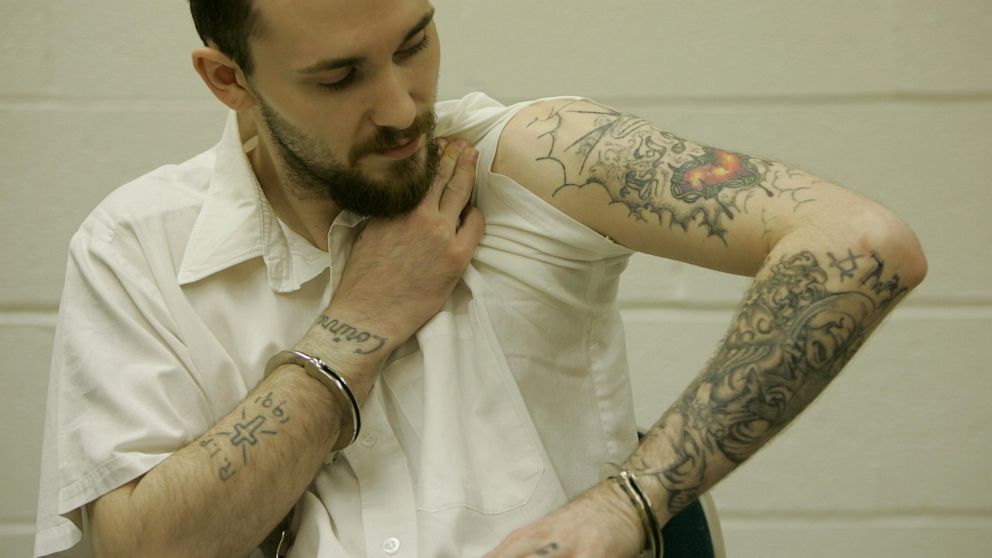A Missouri man, Walter Barton, is scheduled to be executed on May 19, 2020, for the murder of an 81-year-old woman in 1991. However, his attorney claims that Barton is experiencing an “emotional roller coaster” due to the uncertainty surrounding his execution.
According to Barton’s attorney, Fred Duchardt Jr., the Missouri Department of Corrections has been changing the execution protocol and procedures, which has caused confusion and anxiety for Barton. Duchardt stated that Barton has been “up and down emotionally” and is struggling to cope with the uncertainty of his fate.
Barton’s case has been controversial since his conviction in 2006. He has maintained his innocence throughout the trial and appeals process, and his case has been plagued by inconsistencies and errors. In fact, Barton has been granted five stays of execution over the years due to issues with evidence and witnesses.
Duchardt argues that the emotional toll of these legal battles, combined with the uncertainty of his execution date, has taken a significant toll on Barton’s mental health. He claims that Barton is experiencing anxiety, depression, and sleeplessness as he awaits his execution.
The emotional impact of the death penalty is a well-documented issue. Studies have shown that death row inmates often experience anxiety, depression, and other mental health issues as they await their execution. The uncertainty surrounding the execution date can exacerbate these issues and cause significant emotional distress.
Furthermore, the use of lethal injection as a method of execution has come under scrutiny in recent years. Many states have faced legal challenges over the use of lethal injection drugs, which have been linked to botched executions and prolonged suffering for the inmate.
In light of these concerns, Barton’s attorney is calling for a stay of execution and a full review of his case. He argues that Barton’s emotional state makes it impossible for him to fully participate in his defense and that executing him under these circumstances would be cruel and inhumane.
The case of Walter Barton highlights the emotional toll of the death penalty and the need for a more humane approach to criminal justice. As the debate over the use of the death penalty continues, it is important to consider the impact on the individuals involved and to ensure that justice is served in a fair and compassionate manner.



